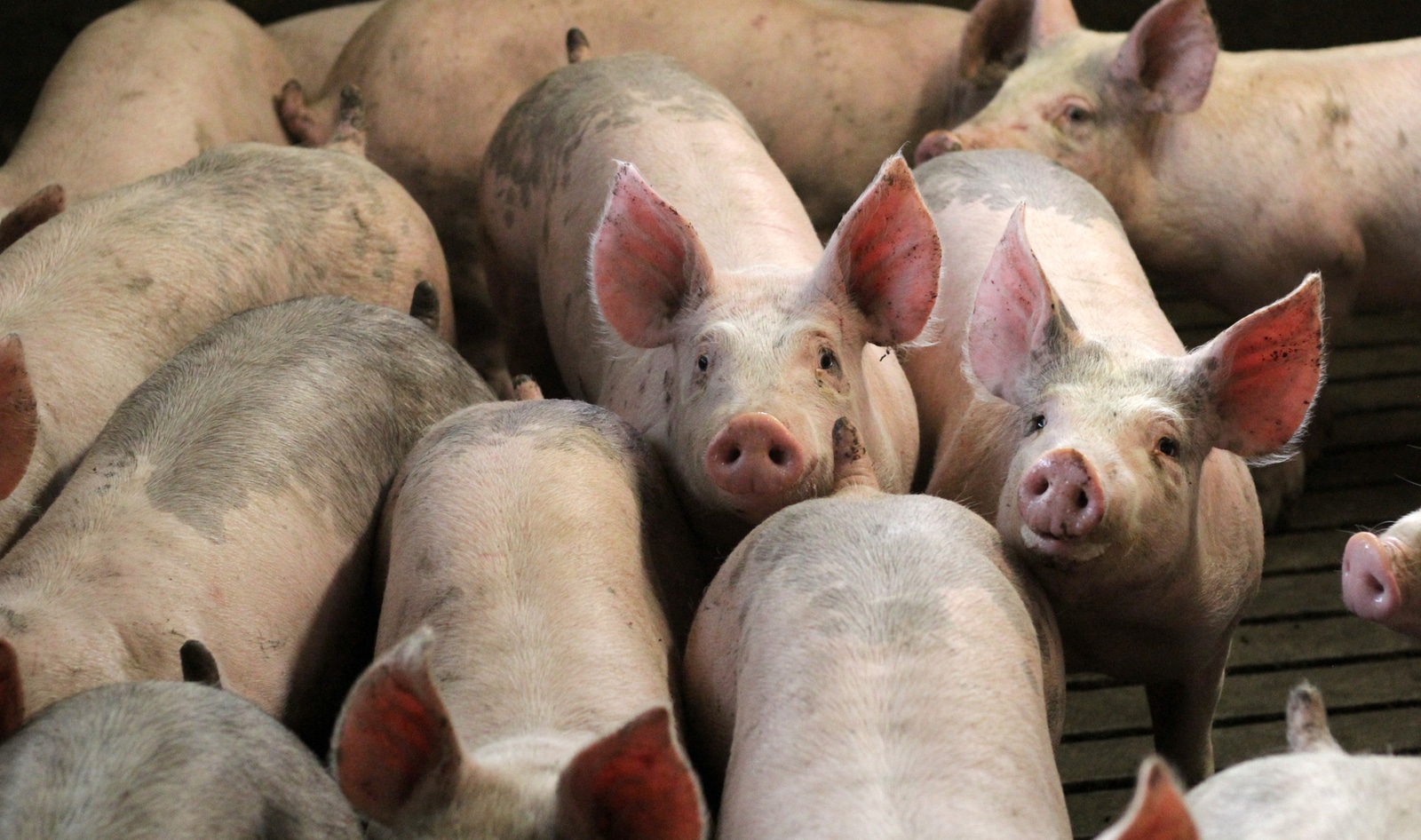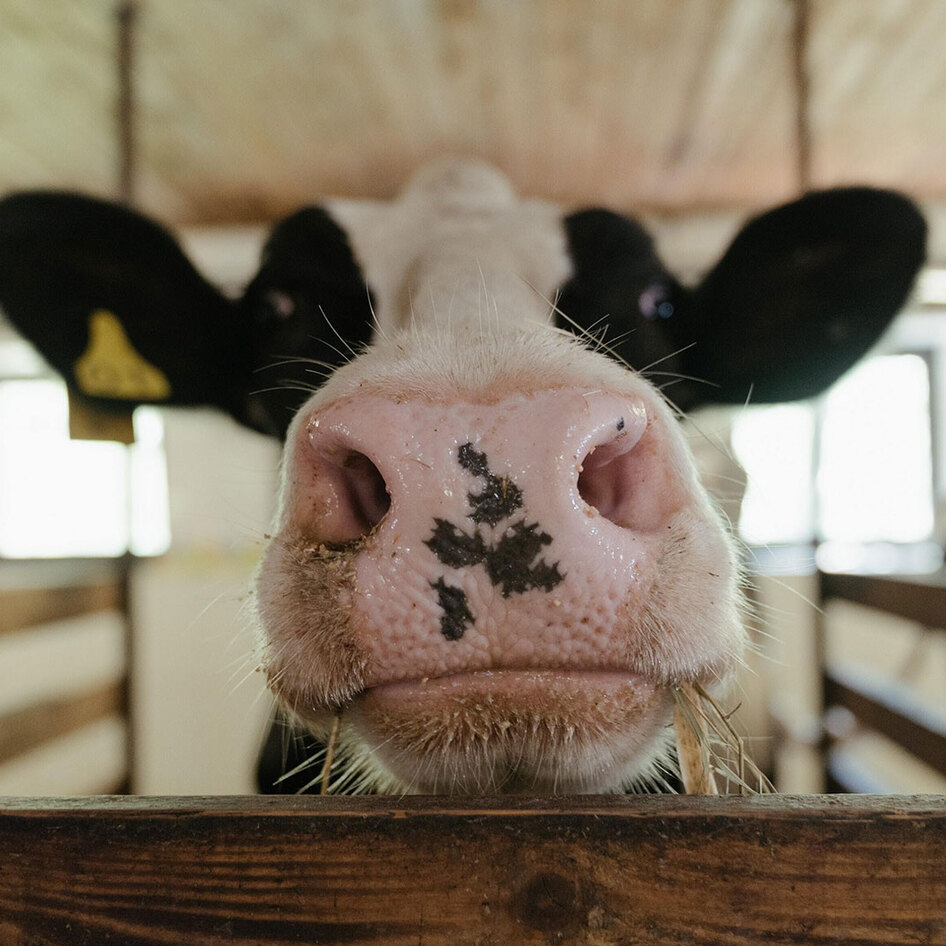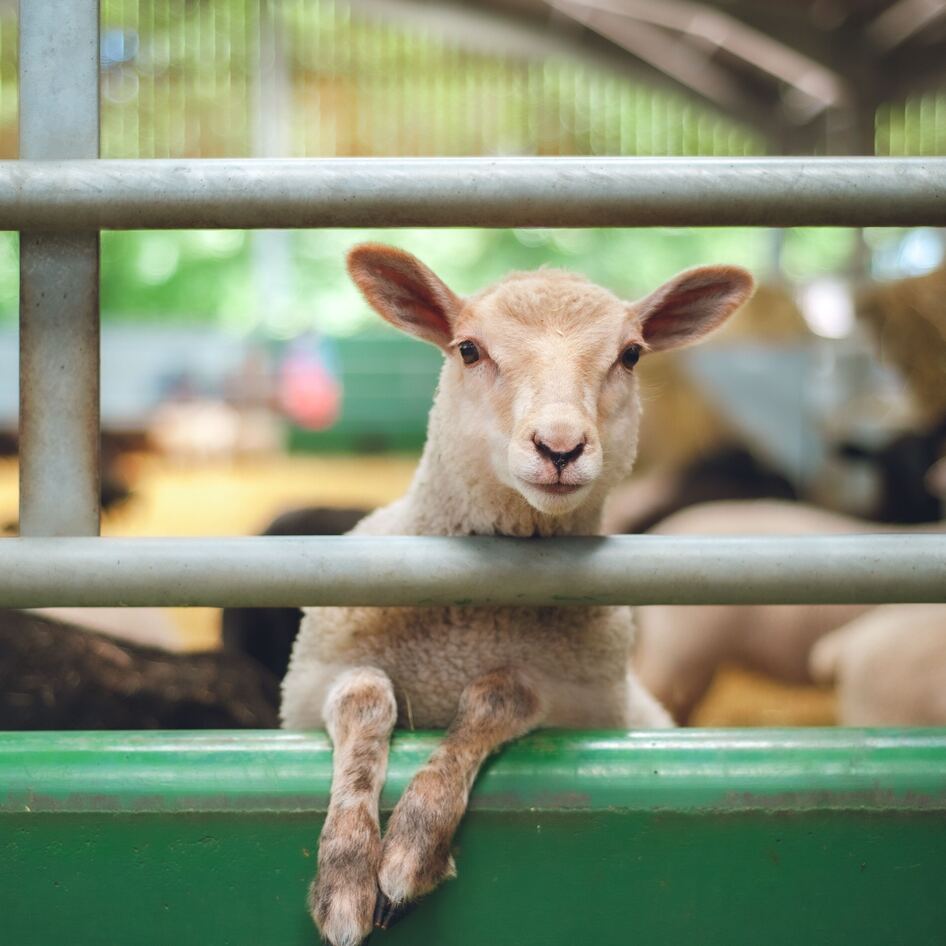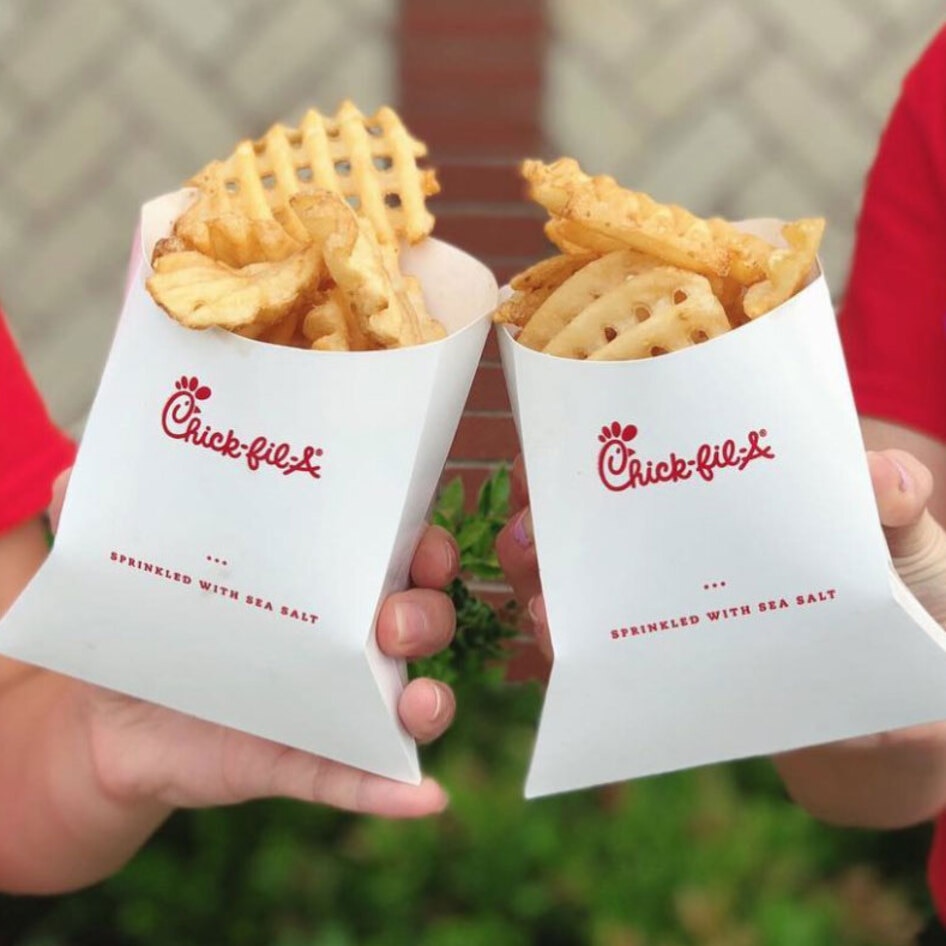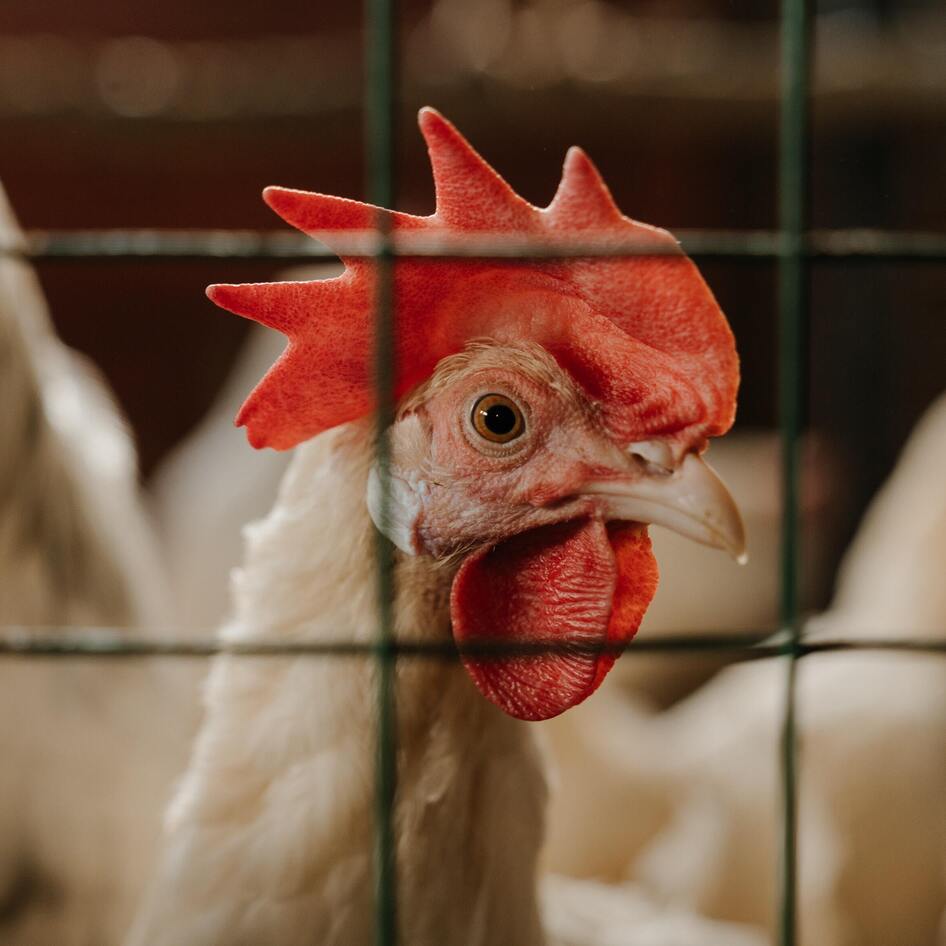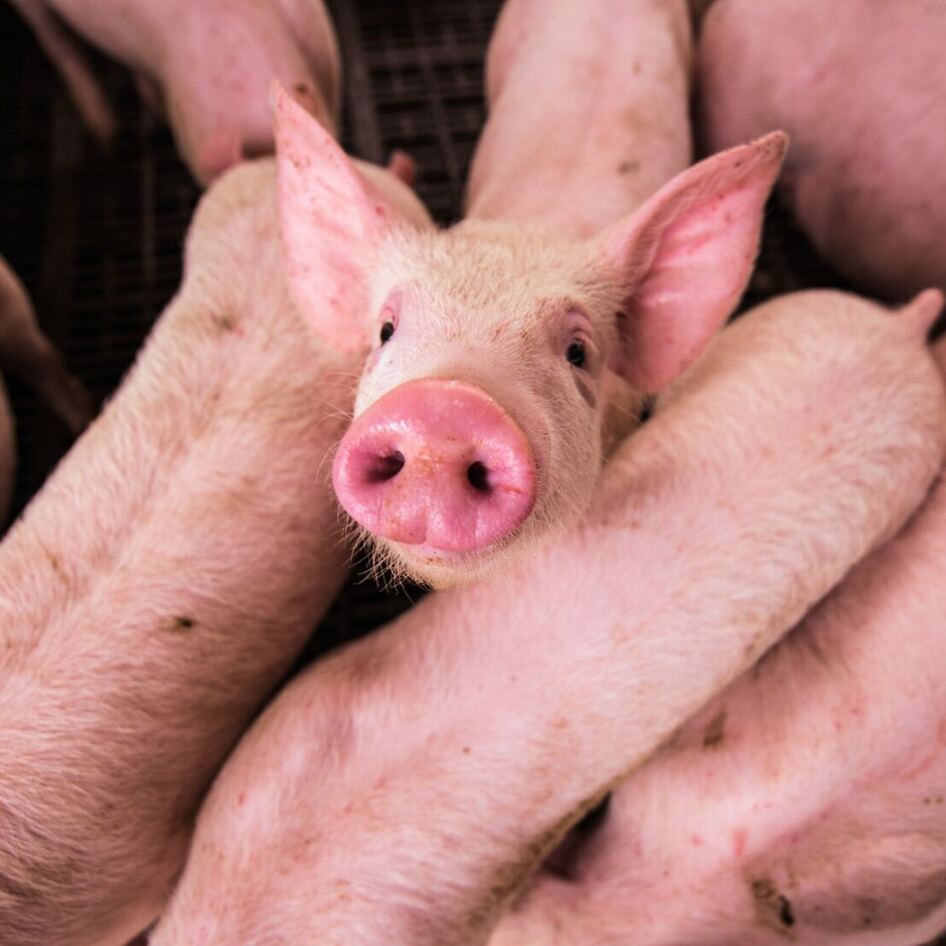Antibiotics use in factory farming is a widespread practice that has serious consequences for public health and the environment. The overuse of antibiotics in animal agriculture has contributed to the emergence of antibiotic-resistant bacteria (or “superbugs”), which are a growing threat to human health.
It is estimated that approximately 75 percent of all antibiotics produced globally are used in animal agriculture. How exactly has this routine practice affected public health? Global nonprofit World Animal Protection (WAP) compiled a first-of-its-kind report to examine its effects. And the findings are staggering.
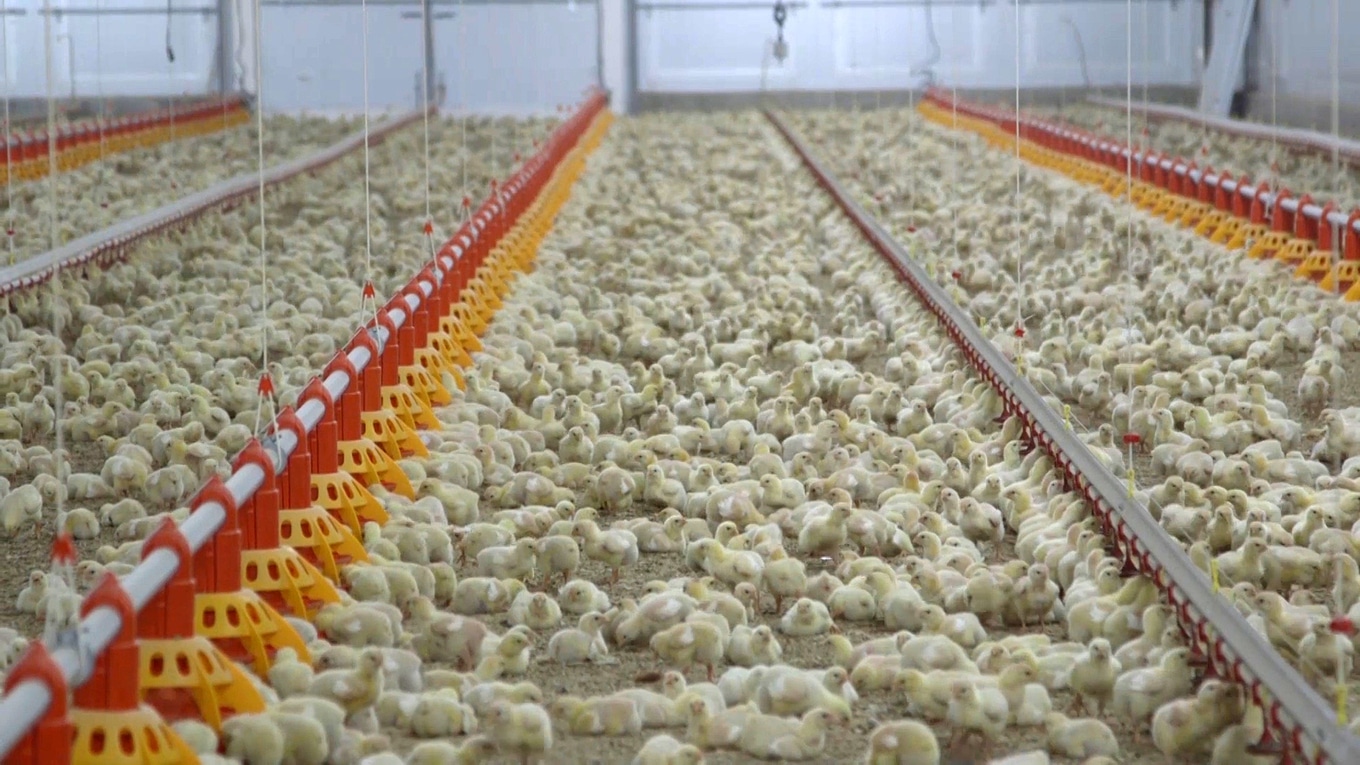 World Animal Protection
World Animal Protection
“Antibiotic resistance is a rapidly growing public health threat, and the clear link to factory farming exposed in this report demonstrates the urgent need for food systems that protect animals and humans,” Annette Manusevich, Farming Campaign Manager, World Animal Protection, US, said in a statement.
Antibiotics use in factory farming
In its report, WAP uncovered that four superbugs found on factory farms—namely, Staphylococcus aureus, Escherichia coli, Campylobacter, and non-typhoidal Salmonella—were linked to 975,000 human deaths and 35 million illnesses in 2019.
To put this number in perspective, it is greater than the human deaths linked to common cancers, HIV/AIDS, or malaria that year.
WAP calculated that removing this many people from the workforce resulted in a $400 billion loss to global GDP.
The use of antibiotics in animal agriculture also has environmental consequences. Antibiotics are excreted by animals and end up in manure, which can contaminate soil and water. This can lead to the spread of antibiotic-resistant bacteria in the environment, and affect wildlife and ecosystems.
Moreover, the use of antibiotics in animal agriculture contributes to the overall problem of antibiotic pollution, which is a growing global concern.
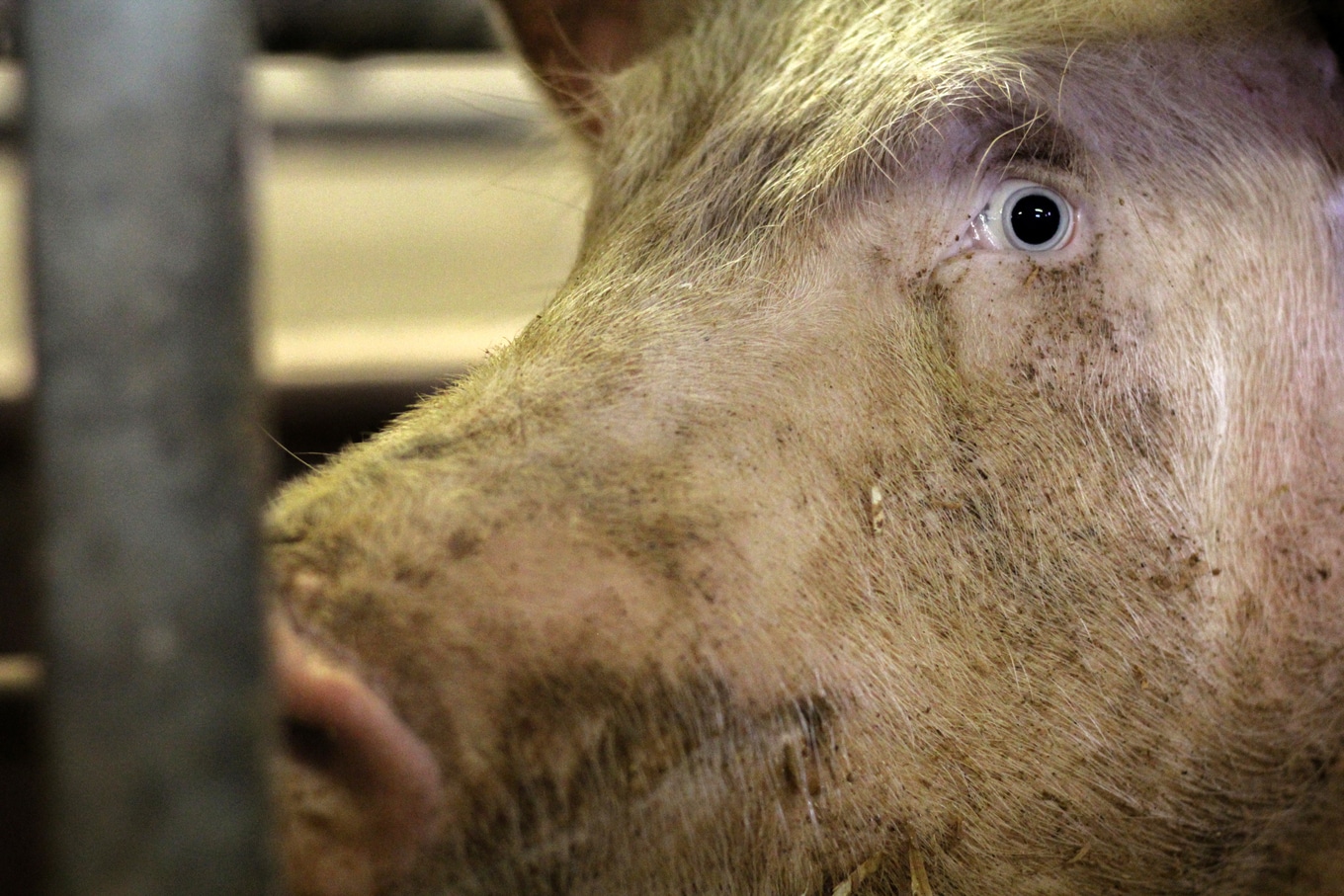 World Animal Protection
World Animal Protection
Despite these risks, antibiotics use in factory farming remains widespread, particularly in countries with intensive animal production systems. While antibiotics were developed to be used in moderation to treat illness, WAP reports the majority (84 percent) of antibiotics are administered to healthy animals on factory farms globally as a preventative measure that protects profits for meat and dairy producers.
Some efforts have been made to reduce the use of antibiotics in agriculture, such as the development of alternative treatments, improved hygiene and management practices, and regulatory measures.
However, Manusevich explained, more needs to be done to address this issue, including the adoption of sustainable and responsible farming practices that prioritize public health and environmental protection.
“Meat and dairy production in the US accounts for around 11 million kilograms (24 million pounds) of antibiotics sold each year, which has increased in recent years,” Manusevich said.
“Urgent action is needed to regulate the use of antibiotics in the agriculture industry and reduce meat in diets in high-meat consuming countries to build a more sustainable food system and stop the next global health crisis,” Manusevich said.
What happens if factory farms are allowed to conduct business as usual? WAP estimates that the number of human deaths linked to antibiotic resistance will double to 2 million by 2050, putting a $1.67 trillion dent in global GDP.
Dismantling factory farms for public health
While factory farms were developed to feed people en masse, WAP’s new report spotlights how the model is a growing public health threat.
This issue, along with animal cruelty, environmental damage, and others are the impetus behind Senator Cory Booker’s proposed Farm System Reform Act (FSRA).
“For years I have worked to elevate the voices of farmers, workers, and consumers in urban and rural communities, sounding the alarm about our broken food system and calling for change,” Booker said in a statement.
First proposed in 2019, the legislation seeks to phase out the largest factory farms in the United States by 2040. Booker—the first vegan to serve on the Senate Agriculture Committee—reintroduced the legislation in different formats, most recently as a package to reform the Farm Bill.
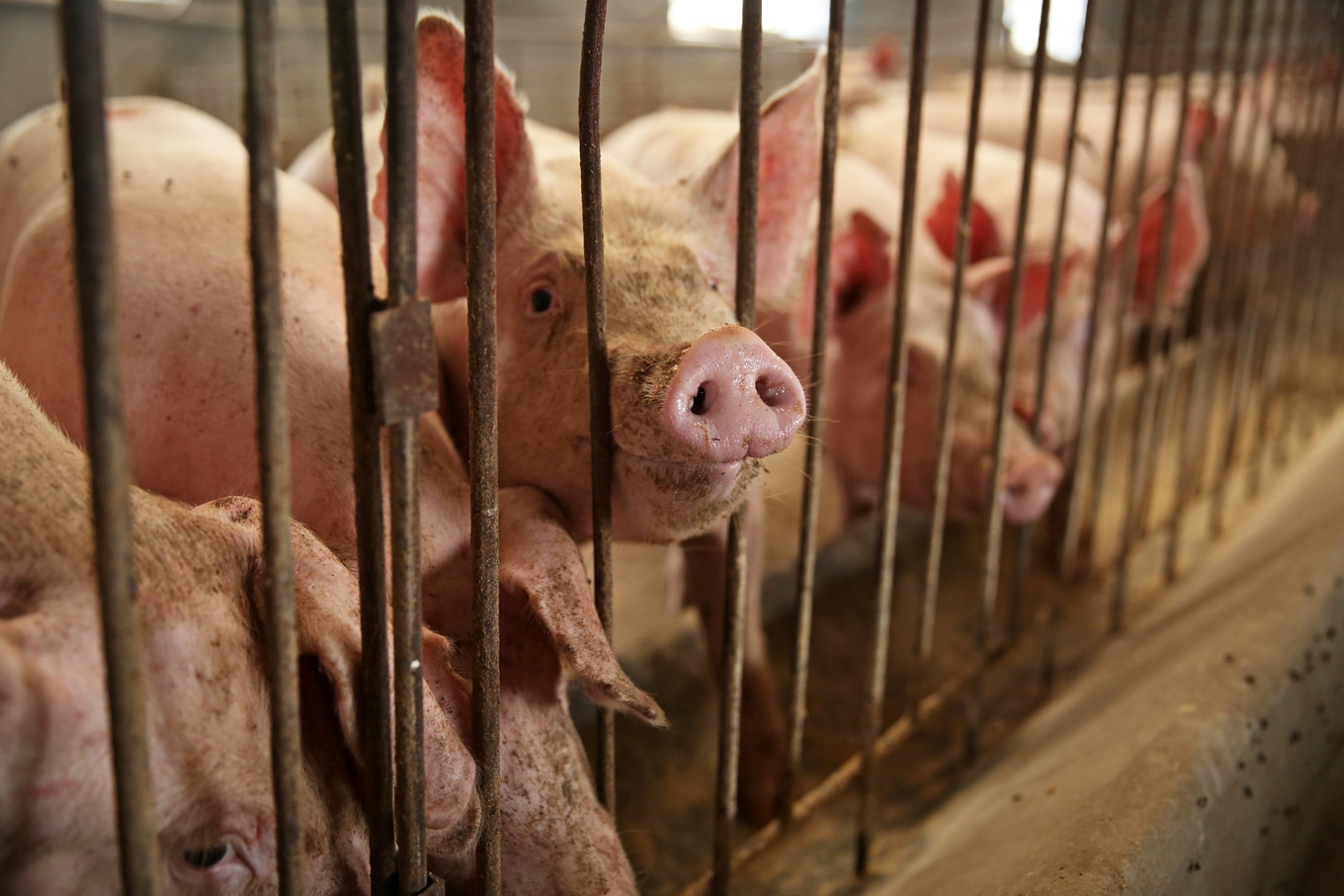 World Animal Protection
World Animal Protection
“The COVID-19 pandemic, the war in Ukraine, and recent climate change-related disasters have highlighted how fragile our current food system is,” Booker said. “So I’m excited to re-introduce a package of bills that would help mold our food system into one that is more competitive, resilient, humane, and just for everyone.”
Initially enacted in 1933, the current version of the Farm Bill is set to expire on September 30, 2023. Out of the 12 distinct categories or “titles” present in the Farm Bill, four major sections, namely nutrition, crop insurance, commodities, and conservation, make up a whopping 99 percent of the budget allocation.
As the congressional representatives who sit on the Senate and House Committees on Agriculture, Nutrition, and Forestry begin drafting the next Farm Bill, Senator Booker and several advocacy organizations will work to influence the bill’s future priorities.
“I’m eager to work with my colleagues on the Senate Agriculture Committee to make meaningful progress on these issues, because the status quo created by agribusiness special interests is putting all of us at risk,” Booker said.
For the latest vegan news, read:
JUMP TO ... Latest News | Recipes | Guides | Health | Shop

